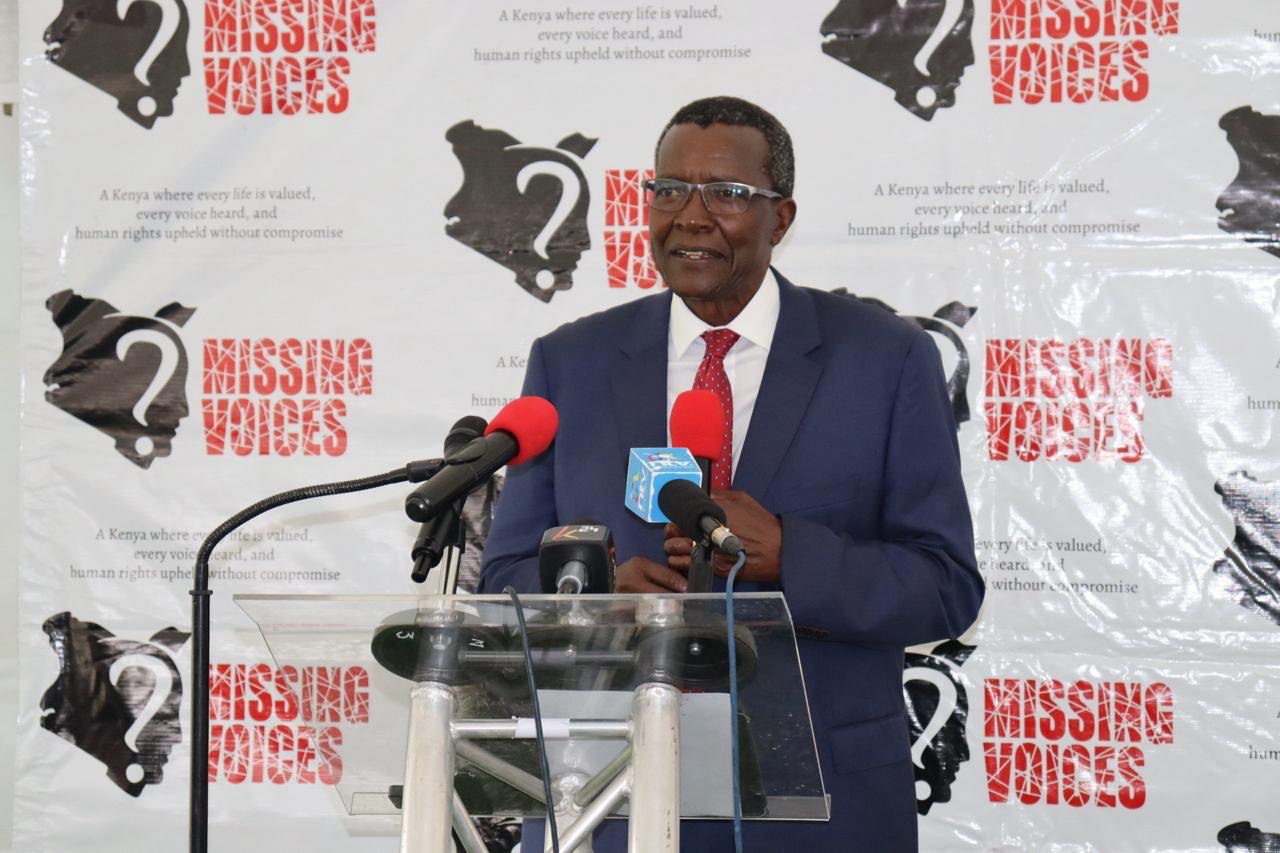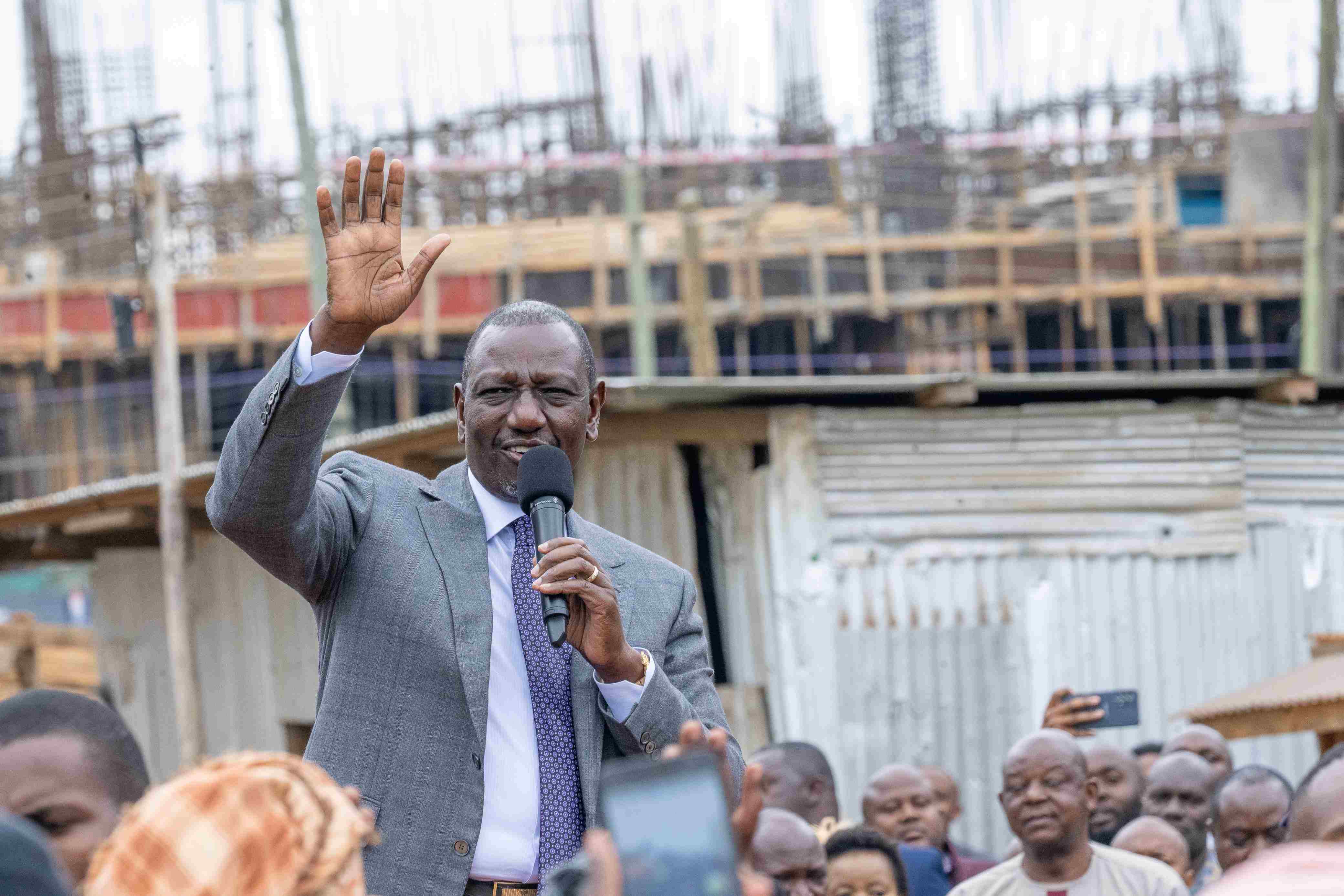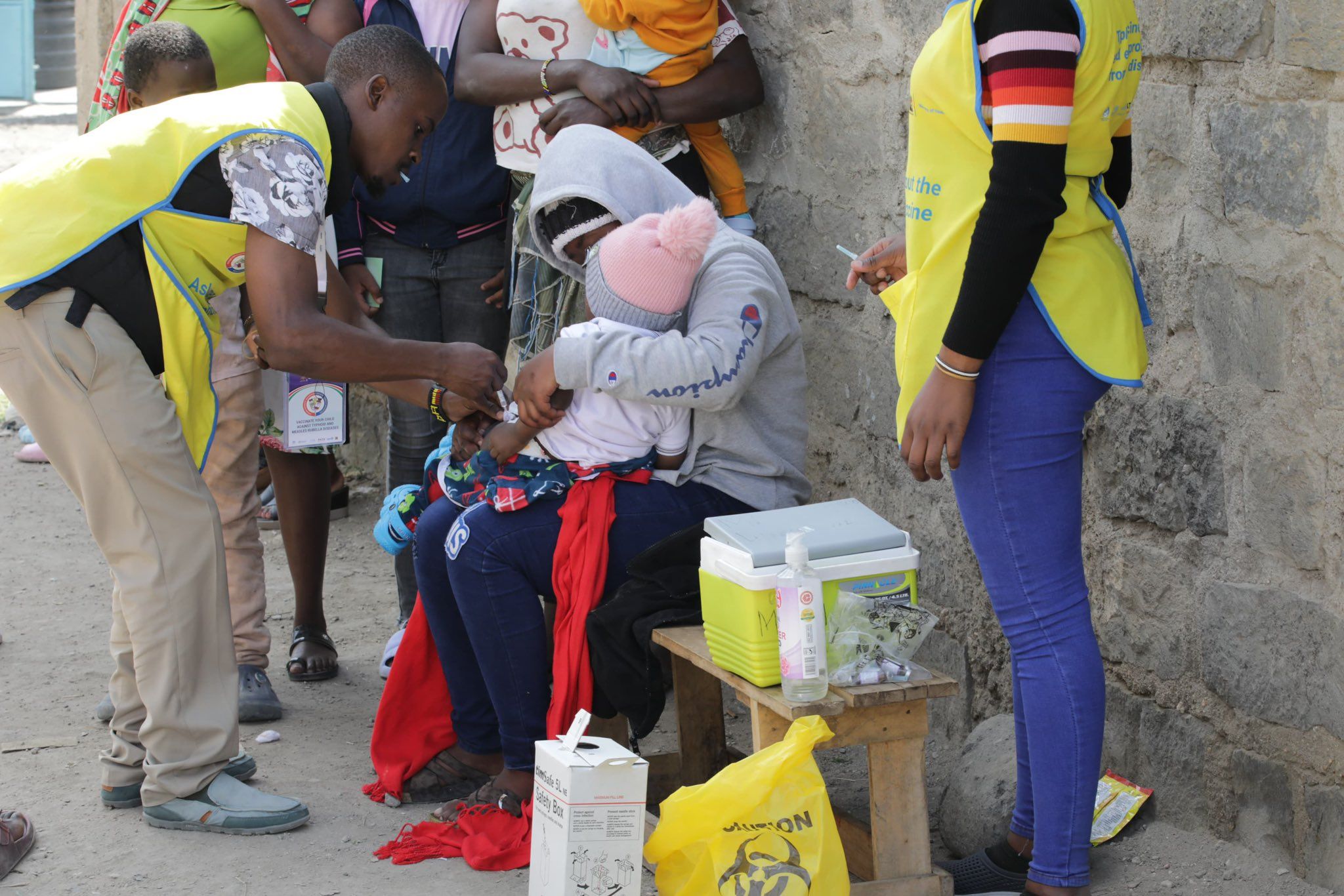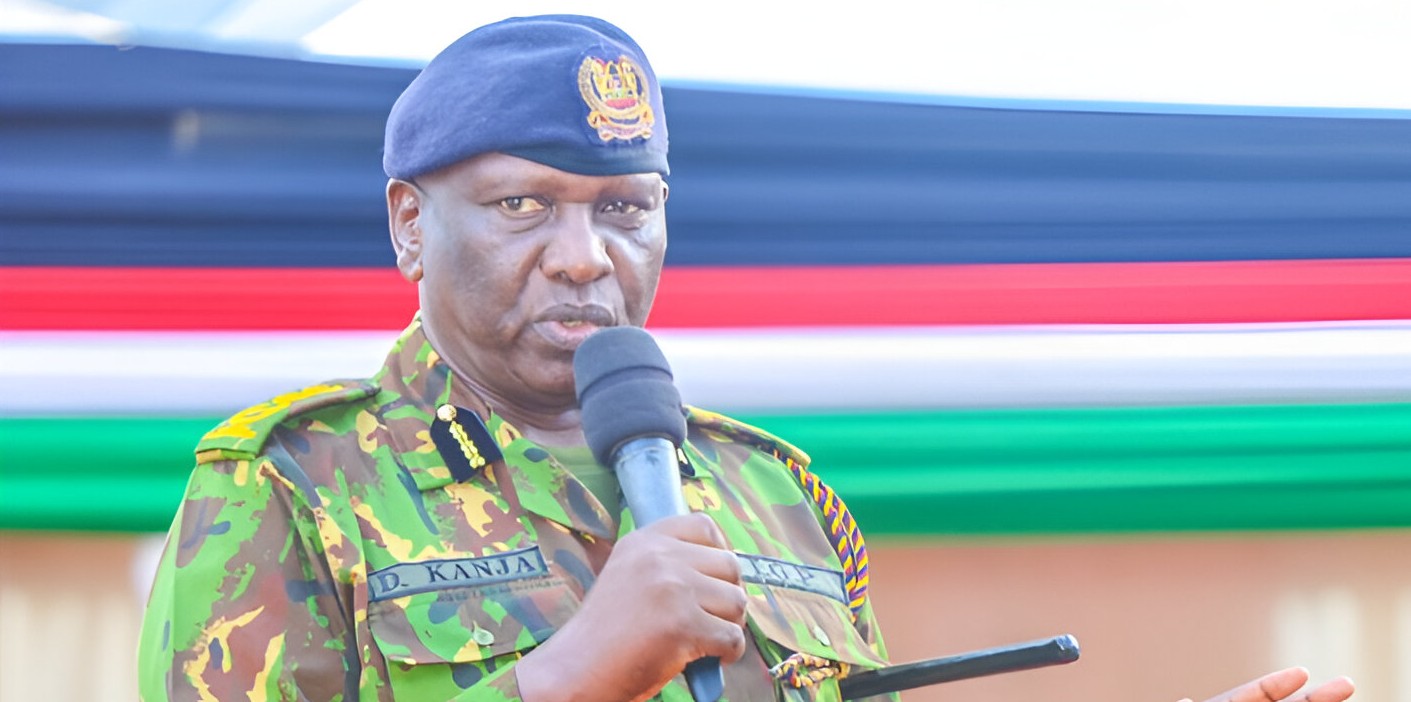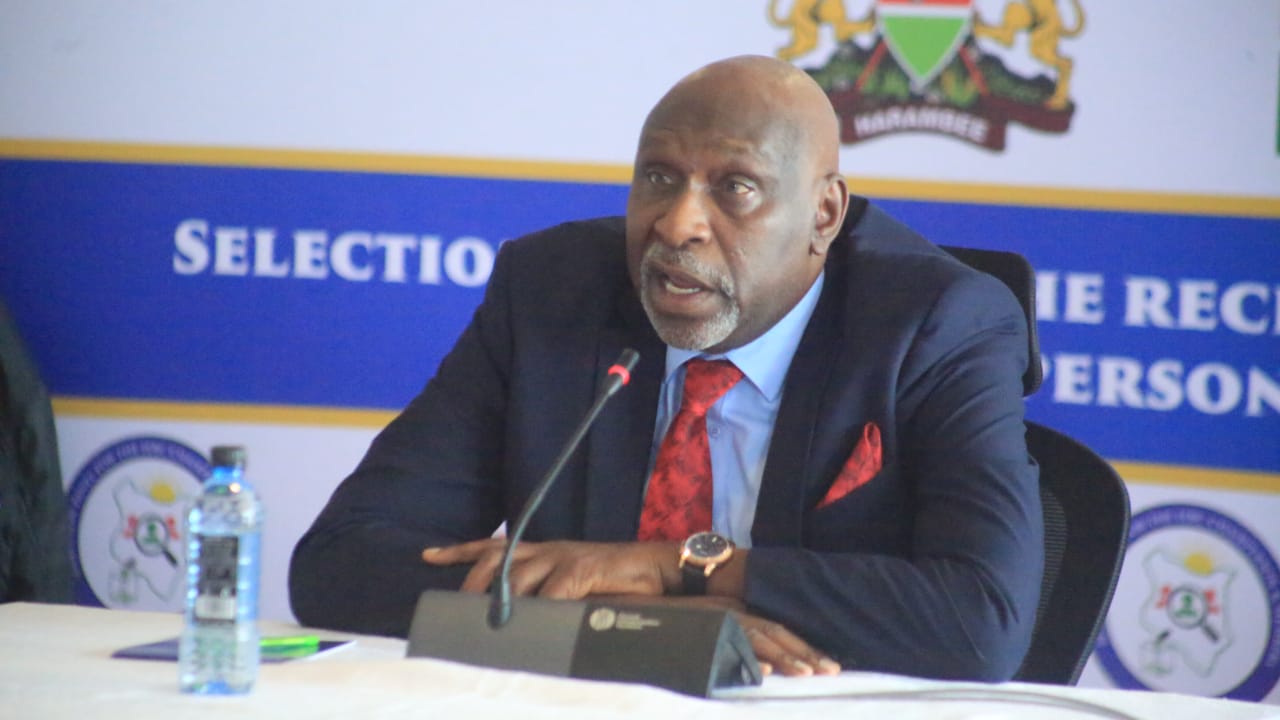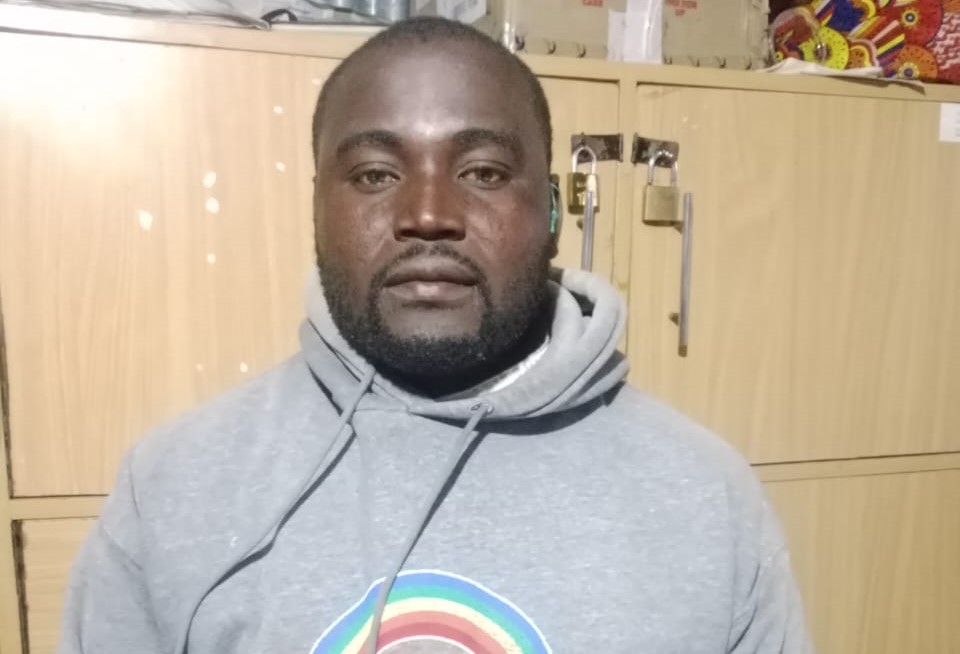MUHURI demands answers on alleged transfer of public seal from Attorney General's office
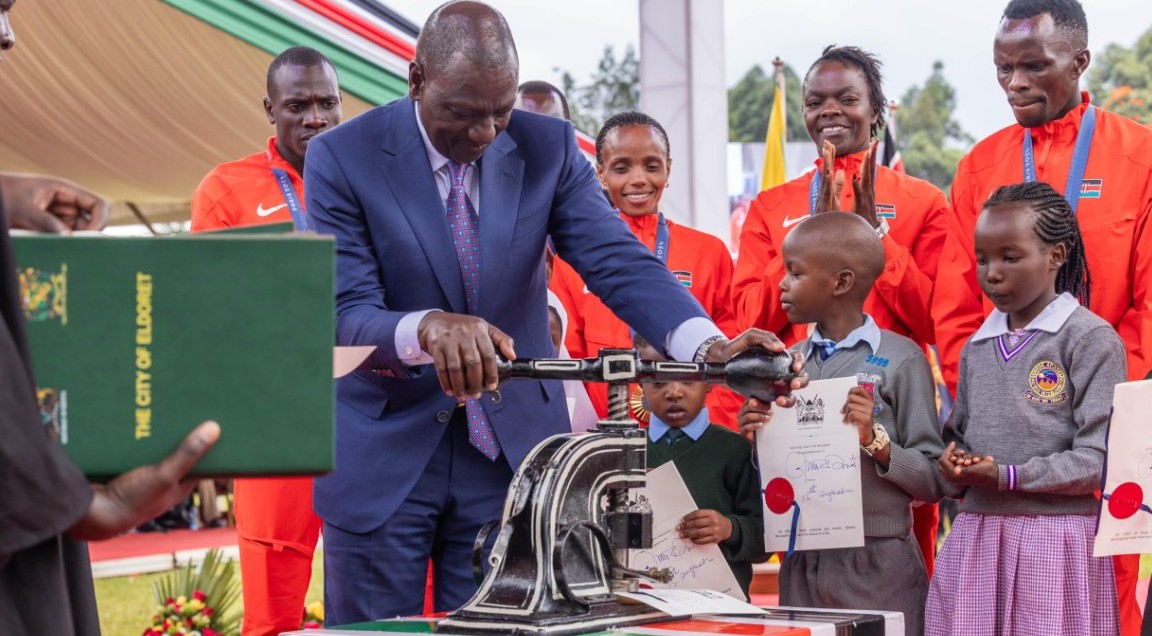
Khelef wants to establish whether the requisite public participation was conducted in line with the inclusivity, good governance, integrity, transparency and accountability.
Muslim for Human Rights (MUHURI) Executive Director Khelef Khalifa has written to Attorney General Dorcas Oduor seeking clarification regarding the process undertaken regarding the alleged recent transfer of the public seal from her custody.
Particularly, Khelef wants to establish whether the requisite public participation was conducted in line with the inclusivity, good governance, integrity, transparency and accountability, thus ensuring the common Kenyan citizen is adequately consulted and informed about fundamental government decisions and actions.
More To Read
- City businessman Kakan Maiyo freed on Sh10,000 police cash bail after dramatic arrest
- Nelson Havi issues warning to police officers following Klinzy Barasa's arraignment
- Whistleblowers to get stronger protection, rewards under new bill
- CCTV exposes how goons violently invaded KHRC offices
- LSK, Police Reforms Working Group condemn storming of KHRC offices ahead of Saba Saba protests
- MUHURI accuses state of intimidation after Mombasa activists summoned over June 25 protests
Khelef has written to Oduor through lawyer Derrick Odhiambo, warning her that she is bound to give a response to the questions in the letter as per Article 35 of the Constitution on access to information held by the state.
"Kindly confirm whether the appropriate public consultations, notices and advertisements were made prior to the transfer of the public seal, and we shall be obliged, if you could share with us the legal provisions and procedure you adopted to guide this process," read the letter.
"Your urgent indulgence in this inquiry will be highly obliged, as it will enhance assurance of accountability and public confidence in government programmes."
The public seal is a special mark or symbol that is put on important and legal documents as evidence that they are genuine and official.
Custodian of the public seal
According to Article 156 (4) of the Constitution, AG is the custodian of the public seal as the chief government legal advisor and retains the seal for authenticating agreements where the government or government agencies are parties in treaties with institutions, agencies and states.
"The seal of the office, when affixed to a document and duly authenticated, shall be judicially and officially noticed and, unless the contrary is proved, any necessary order or authorisation of the AG in respect of the seal under this section shall be presumed to have been duly given," the Act says.
Section 28A (2) of the Office of Attorney General (OAG) Act says the seal of the office shall be kept in the custody of the AG or such person as the AG may authorise in that regard.
It also provides that the seal of the office shall be used in accordance with the orders of the AG, and therefore, the law reserves the seal solely to the OAG.
Khelef's letter is copied to the Law Society of Kenya (LSK) and the Wiper party to confirm if their members participated in enacting legislation for the transfer of the public seal from AG.
Top Stories Today
